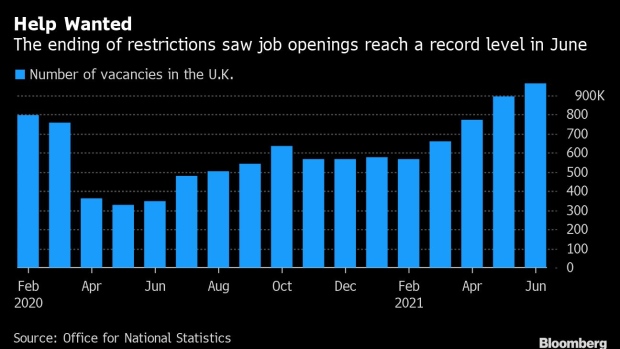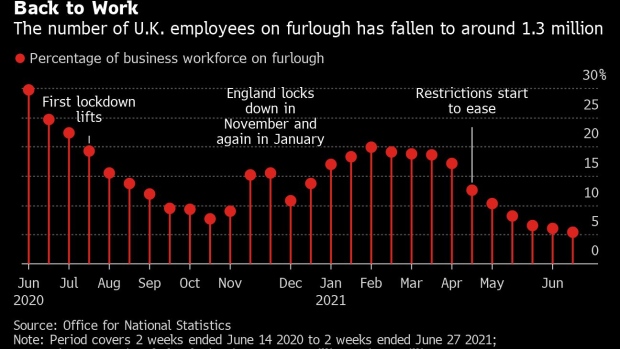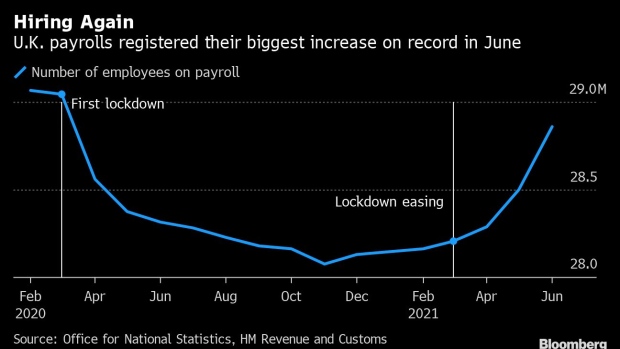VICTORIA – British Columbia is forecasting a record budget deficit and a rising debt of almost $129 billion less than two weeks before the start of a provincial election campaign where economic stability and future progress are expected to be major issues.
Finance Minister Katrine Conroy, who has announced her retirement and will not seek re-election in the Oct. 19 vote, said Tuesday her final budget update as minister predicts a deficit of $8.9 billion, up $1.1 billion from a forecast she made earlier this year.
Conroy said she acknowledges “challenges” facing B.C., including three consecutive deficit budgets, but expected improved economic growth where the province will start to “turn a corner.”
The $8.9 billion deficit forecast for 2024-2025 is followed by annual deficit projections of $6.7 billion and $6.1 billion in 2026-2027, Conroy said at a news conference outlining the government’s first quarterly financial update.
Conroy said lower corporate income tax and natural resource revenues and the increased cost of fighting wildfires have had some of the largest impacts on the budget.
“I want to acknowledge the economic uncertainties,” she said. “While global inflation is showing signs of easing and we’ve seen cuts to the Bank of Canada interest rates, we know that the challenges are not over.”
Conroy said wildfire response costs are expected to total $886 million this year, more than $650 million higher than originally forecast.
Corporate income tax revenue is forecast to be $638 million lower as a result of federal government updates and natural resource revenues are down $299 million due to lower prices for natural gas, lumber and electricity, she said.
Debt-servicing costs are also forecast to be $344 million higher due to the larger debt balance, the current interest rate and accelerated borrowing to ensure services and capital projects are maintained through the province’s election period, said Conroy.
B.C.’s economic growth is expected to strengthen over the next three years, but the timing of a return to a balanced budget will fall to another minister, said Conroy, who was addressing what likely would be her last news conference as Minister of Finance.
The election is expected to be called on Sept. 21, with the vote set for Oct. 19.
“While we are a strong province, people are facing challenges,” she said. “We have never shied away from taking those challenges head on, because we want to keep British Columbians secure and help them build good lives now and for the long term. With the investments we’re making and the actions we’re taking to support people and build a stronger economy, we’ve started to turn a corner.”
Premier David Eby said before the fiscal forecast was released Tuesday that the New Democrat government remains committed to providing services and supports for people in British Columbia and cuts are not on his agenda.
Eby said people have been hurt by high interest costs and the province is facing budget pressures connected to low resource prices, high wildfire costs and struggling global economies.
The premier said that now is not the time to reduce supports and services for people.
Last month’s year-end report for the 2023-2024 budget saw the province post a budget deficit of $5.035 billion, down from the previous forecast of $5.9 billion.
Eby said he expects government financial priorities to become a major issue during the upcoming election, with the NDP pledging to continue to fund services and the B.C. Conservatives looking to make cuts.
This report by The Canadian Press was first published Sept. 10, 2024.
Note to readers: This is a corrected story. A previous version said the debt would be going up to more than $129 billion. In fact, it will be almost $129 billion.



























